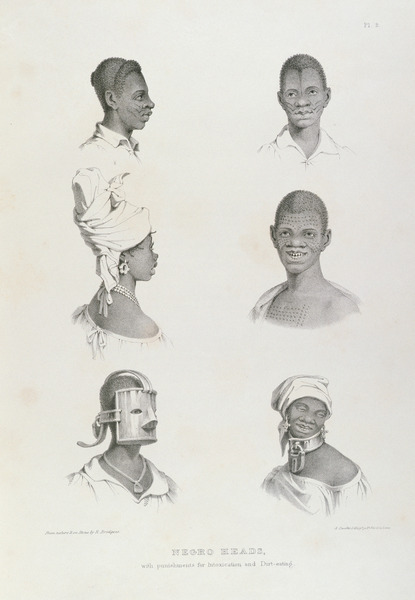Eating Dirt, Treating Slaves

By Rana Hogarth Historians of slavery must often contend with how the power imbalances of the slave system continue to shape the archival record, and, more importantly, influence the types of stories that get told. I certainly found this to be the case when writing my first book, Medicalizing Blackness: Making Racial Difference in the Atlantic World, 1780-1840 (University of North Carolina Press 2017). I felt overwhelmed as I weighed the written correspondence, published medical treatises, military records, and plantation records, medical lectures etc. by white physicians, military officers, colonial elites, and slave owners, against the dearth of written sources left behind by enslaved and free black people. Thus, it was a great challenge to construct a narrative using sources whose faithfulness in accounting for black people’s experiences in sickness and health were tenuous to say the least. Given the realities of the archives related to slavery, my approach to research became